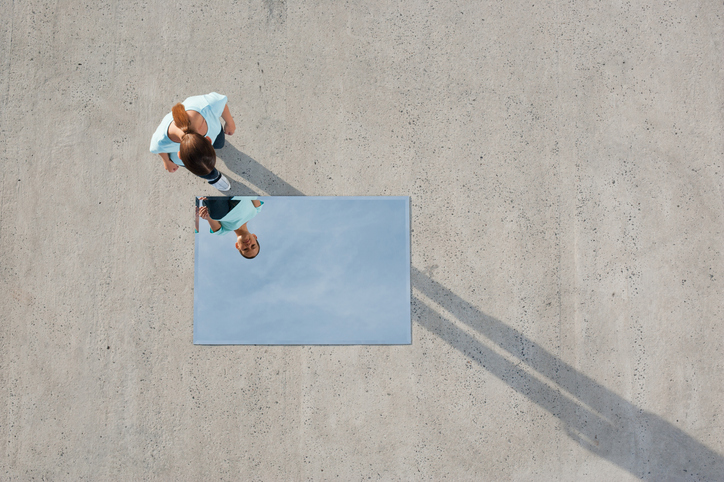
Solomon was the king of ancient Israel ruling from around 970 to 931 BC. Renowned for his wisdom, his personal life was somewhat messy to say the least, reflecting the all too human tendency to be much better at giving advice than following it ourselves, hence the term Solomon’s Paradox.
The best way to avoid the Solomon’s Paradox is to adopt the “Observer’s Mindset”; to stand outside oneself and attempt to see ourselves as others do. The simplest technique is to “Go to the balcony”: imagine yourself looking down from above, dispassionately observing. Another technique is to imagine your life as a play on stage with you as an actor playing the main role; see yourself as the author with the power to change the script, re-arrange the roles, write any ending you wish.
Self-observation, self-monitoring is a simple tool; a gift anyone can use. Its ability to change your life lies in using it consistently, until it becomes a second nature, a habit. You have more power at your fingertips than you realize.
Closing Quotes:
“It takes courage to endure the sharp pains of self-discovery rather than choose to take the dull pain of unconsciousness that would last the rest of our lives.” – Marianne Williamson, ‘A Return to Love’
“If you’re ready to listen and if you’re ready to be challenged, there’s one thing that you can do, but no one can help you. What is this most important thing of all? It’s called self-observation.” – Anthony de Mello, Jesuit priest, 1931-1987
“Self-observation brings man to the realization of the necessity of self-change. And in observing himself a man notices that self-observation itself brings about certain changes in his inner processes. He begins to understand that self-observation is an instrument of self-change, a means of awakening.” – George Gurdjieff, 1877(?)-1949 (DOB uncertain)
As always, I share what I most want and need to learn. – Nathan S. Collier

